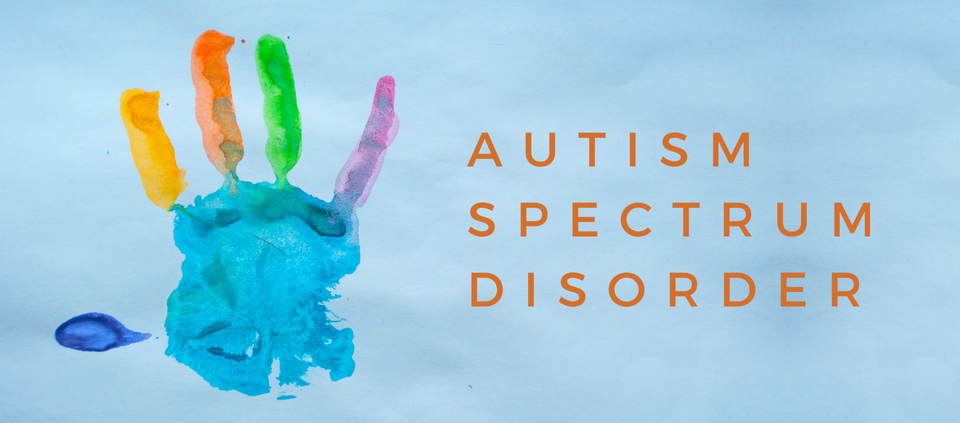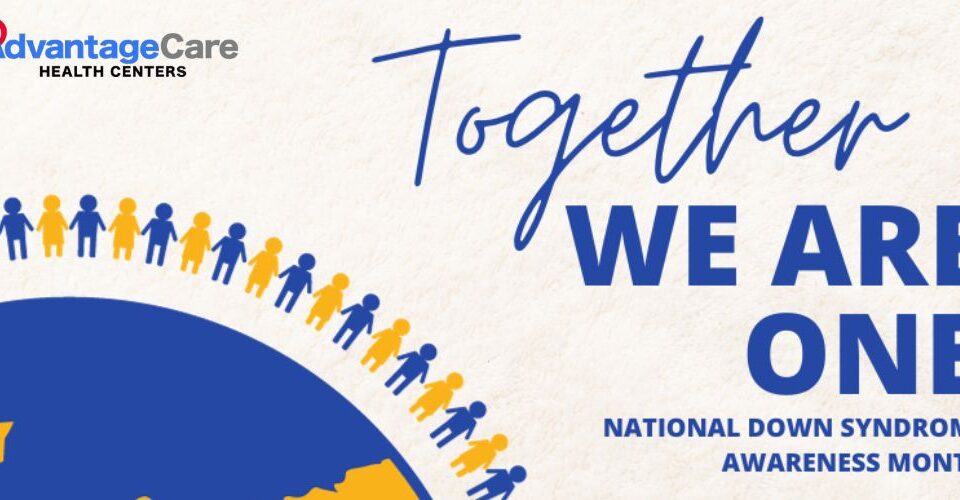
The Signs and Symptoms of Autism Spectrum Disorder
June 28, 2018
How to Break the Chains of Mental Health Stigma
July 27, 2018
The Signs and Symptoms of Autism Spectrum Disorder
June 28, 2018
How to Break the Chains of Mental Health Stigma
July 27, 2018
With backyard BBQs and picnics in the park, July is the perfect time to hang out with family and friends. Researchers have found that these interactions are not only fun, but healthy, too. To help celebrate Social Wellness Month this July, Advantage Care Health Centers examines why supportive relationships are a key component of your overall health.
What is Social Wellness?
“Social wellness refers to the relationships we have and how we interact with others. Our relationships can offer support during difficult times. Social wellness involves building healthy, nurturing and supportive relationships as well as fostering a genuine connection with those around you,” according to the University of California, Davis.
It is one aspect of the total health equation, which is now receiving greater emphasis from the medical community.

Why is it so Important Today?
Social wellness is important, because the positive effects of developing and maintaining healthy relationships are endless. People who are socially well enjoy huge health benefits and might even live longer. According to mhnews.org, “Social isolation or having few social contacts has significant health implications on one’s overall health (p. 24)”.
- The health risks of isolation are comparable with smoking, high blood pressure and obesity.
- The heart and blood pressure of people who have positive relationships respond better to stress.
- A strong social network is associated with a healthier endocrine system and healthier cardiovascular functioning.
- A healthy social life can enhance the immune system’s ability to fight off infectious diseases.
3 Strategies for Improving Social Health
1) Make Connections
Since social interactions have been found to enhance well-being, it’s helpful to work on making meaningful connections with your friends, family, romantic partners or others in your life. You could also make new connections by joining an exercise group or taking a cooking class.

2) Build Healthy Relationships
Once you have made connections, you will need to nurture those relationships over time. Strong bonds are an essential component of total well-being.
Even though building bonds takes work, a social support network has considerable benefits. These positive relationships are what helps make the good times better and the tough times easier.

3) Get Active Together
After developing relationships, you can make the most of them by getting active together.
For example, you and your friends could go for a walk as a group or make a healthy meal to eat. By becoming more active, you will improve both your physical and mental health.

Advantage Care is a strong advocate of social wellness. We provide primary and preventive care services for children and adults that work to improve our patients’ overall well-being. If you would like to find out more about how our community health center can help you, contact us today.





